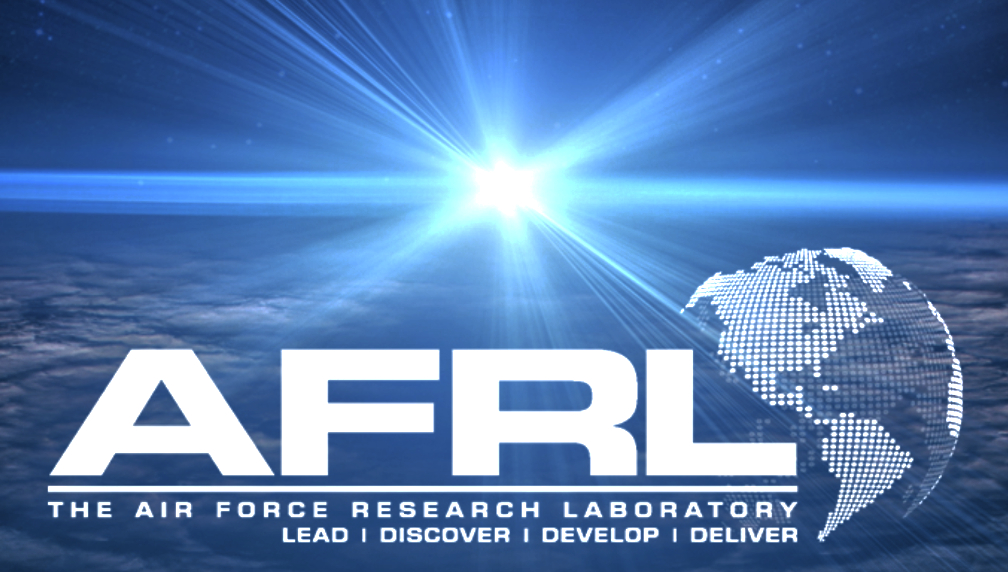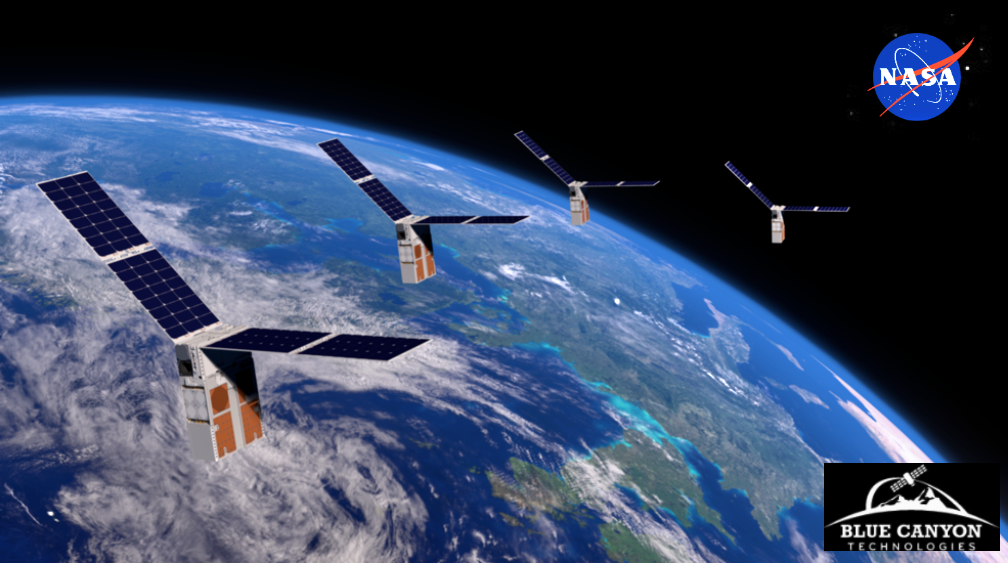
Collins Aerospace, an RTX (NYSE: RTX) business, has been awarded a $36 million contract from the U.S. Air Force Research Laboratory to develop and demonstrate a platform-agnostic, Beyond-Line-Of-Sight (BLOS), SATCOM pod.

The communications pod will provide warfighters resilient, high bandwidth, low latency communications and data directly to the cockpit. The pod brings together military and commercial satellites to add resiliency to the host platforms; and will switch between services from different vendors with little or no hardware modification, while providing the ability to utilize future constellations as they come online.
“It is critical in a contested environment that the warfighter can communicate with operators regardless of communication path. This resilient communications terminal is designed for survivability in degraded environments to offer military leaders enhanced situational awareness to make better decisions, faster across the battlespace.” — Ryan Bunge, Vice President, Communication & Networking Solutions, Collins Aerospace
RTX debuts largest CubeSat form factor

RTX‘s (NYSE: RTX) smallsat manufacturer and mission services provider, Blue Canyon Technologies (BCT), has introduced the XB16 CubeSat, now the largest form factor in the company’s CubeSat product line.
The XB16 CubeSat offers 14U of payload volume with a cannister-dependent option for an additional 12,000 cubic centimeters of volume, all while maintaining BCT’s robust power systems, secure data handling, resilient performance, and ultra-precise attitude control systems. The larger payload volume capacity of the XB16 provides an ideal solution for remote sensing, earth observation, and in-space communications.
This addition to the BCT array of peak-performance and cost-effective spacecraft solutions continues the company’s ability to support all types of academic, commercial and government space missions.
The new XB16 will be developed at BCT’s Spacecraft Manufacturing Center located in Boulder, Colorado. The office and laboratories are designed specifically for high-volume production of spacecraft systems and components, with the manufacturing capability to handle large constellations of small spacecraft.
“Our flight-proven products are known for their fine-pointing and agility on orbit. Now we are able to offer a larger payload volume with the same high level of accuracy and orbit lifetime.” — John Carvo, Executive Director of CubeSats, Blue Canyon
Blue Canyon Technologies (BCT), RTX’s smallsat manufacturer and mission services provider, offers a diverse portfolio of innovative, reliable, and affordable spacecraft and components that enable a broad range of missions and technological advancements for the new space economy. The company currently supports numerous unique missions with over 100 cumulative spacecraft orders.
RTX to attune AI decisions to human values for DARPA

RTX’s (NYSE: RTX) Raytheon BBN division received a contract award to support DARPA’s “In The Moment” program — ITM aims to develop the foundations needed for algorithms that are trusted to independently make decisions in scenarios like mass casualty triage and disaster relief, where complex and rapid decisions are needed in dynamic situations where there is often no human consensus and no clear right answer.

The Raytheon BBN-led team, which includes Kairos Research, MacroCognition, and Valkyries Austere Medical Solutions, will use a cognitive interviewing technique to understand how experts—in this case, medical professionals and first responders—evaluate information and make tough trade-offs to act decisively at critical decision points.
This qualitative information will be used to design scenario-based experiments to study how differences in an individual’s decision-making attributes can explain their choices, and how the alignment of attributes between two different people impacts the willingness to delegate decisions to another. This will enable AI to be tuned to match an expert population, or even to be tuned to match an individual expert.
DARPA is bringing together multiple teams to collaborate on this program. Other teams will focus on the development of prototype AI decision-makers that start with baseline knowledge and can then be tuned to match a set of target attributes.
The research products from this program will be integrated and evaluated to determine how well the algorithmic agents were able to make decisions consistent with the target human attributes when faced with difficult scenarios. The program will also test whether human experts trust these aligned agents over the baseline agents or other actual humans. In these program evaluations of trust, the human experts will be shown a record of decisions in difficult scenarios without knowing whether the decision-maker was an AI or a human.
Work on this contract, which is sponsored by DARPA and the Air Force Research Lab, is being performed in Cambridge, Massachusetts; Dayton, Ohio; and Anniston, Alabama.
“ITM is about more than getting AI to provide the correct answer in very controlled scenarios. We’re not talking about training AI on labelled data to help identify a cancerous tumor on an X-Ray,” said . “What we’re trying to accomplish instead is the ability to create AI systems that humans would allow to make decisions independently in uncontrolled environments. To accomplish this, we need to determine how human experts make really difficult decisions and assess whether to trust the decisions of others. We’ll be conducting both decision-making research and trust research.
“Because the way we make decisions varies from person to person, it’s unlikely that a one-size fits all trusted AI model exists. Instead, in theory, we should be able to create AI systems that adapt to the user and domain. Decisions are difficult because of uncertainty and trade-offs between competing goals. We want to be able to tune an AI’s attributes such as risk tolerance, process focus, or willingness to change plans to better match a user or a group of users.” — Alice Leung, Principal Investigator, Raytheon BBN
